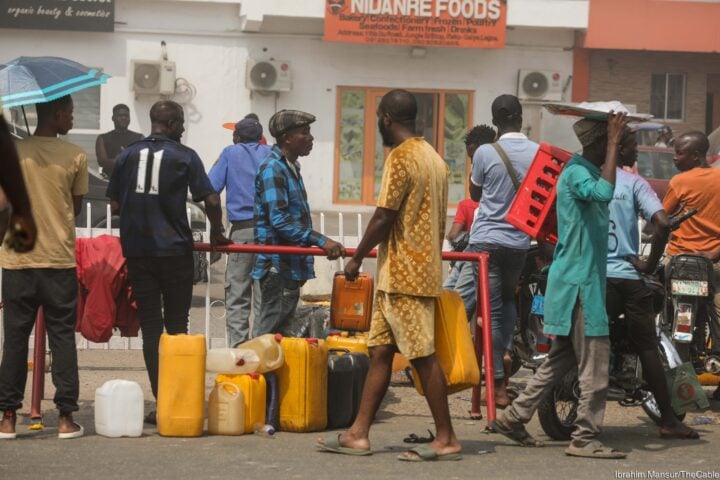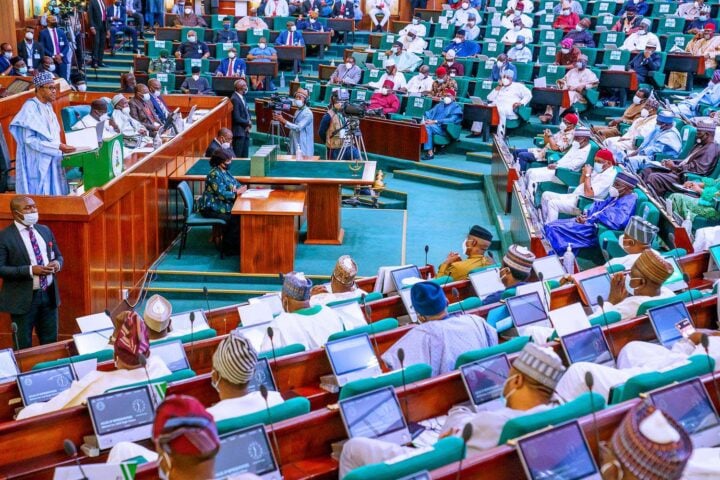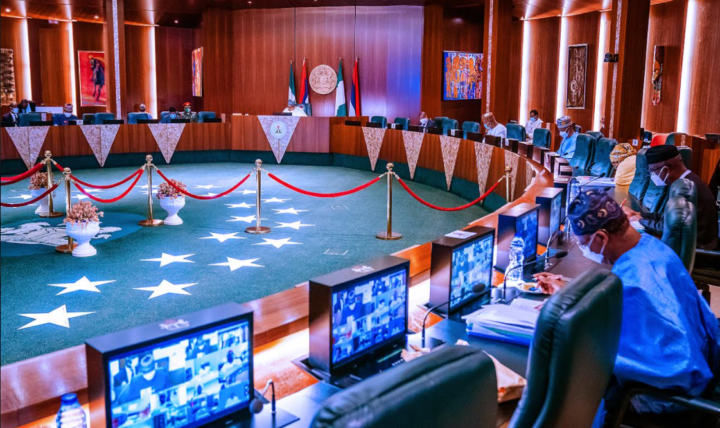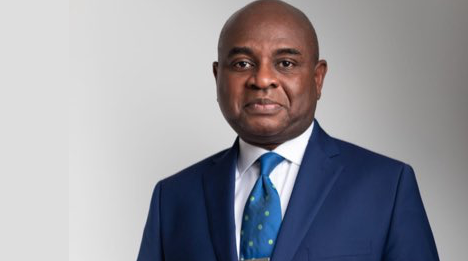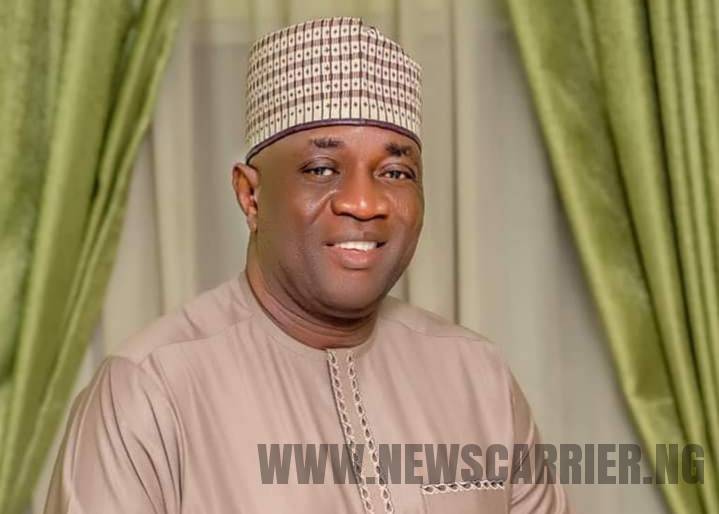This article will highlight three disturbing scenarios that are annoying, unacceptable and despicable. The first one is the crippling fuel scarcity. For over five weeks, it has been a hellish experience getting petrol, whether into our vehicles or generators. What exactly is going on?
The situation got so bad recently when social media spotlighted the viral story of kegs of petrol being distributed as souvenirs at a party last week at Havillah Event Centre in Oniru, Lagos which was sealed up by the Lagos state government.
Initially, I did not believe the story but it turned out to be true. It was a crazy idea for anyone to contemplate gifting kegs of highly inflammable petrol. What point was the celebrant of the party, Pearl Chidinma Ogbolu, trying to prove? Kegs of petrol bearing the stickers, “Erelu Okin Foundation Installation Party”, were shared at the ceremony. If that wasn’t a dysfunctional behaviour from a twisted mind, I don’t know what else to call it.
Nigerian celebrities are expressing their disappointment over the biting fuel scarcity in different ways. In a full display of sarcasm, songstress Atuaje Iruobe, known professionally as Waje, tweeted that she’s ready to marry any man who can give her gallons of petrol. “For the men that are interested in asking for my hand in marriage, the most important item on the list will be 100 litres of fuel,” she tweeted.
Advertisement
In a 44 sec video that also trended, Nollywood actress Kate Henshaw was obviously angry over the hardship Nigerians constantly endure. “We cannot continue like this, things are too bad,” she protested in the video. “What are we going outside to do … you go outside, there’s no petrol; you stay at home, there’s no light. What the hell is going on?”
The long and winding fuel queues that have refused to go away represent the parable of the yam farmer who goes to the market to buy yam each time the farmer wants to eat pounded yam. Maybe this can explain Waje’s sarcasm.
Vendors hawking petrol in plastic containers of different sizes right in front of filling stations are exploiting the situation. How bad can it get? It is an opportunity for brisk business and profiteering. Since petrol ranks as an essential commodity, the black market – with contaminated petrol – is booming. Then, there’s also the risk of buying petrol by the roadside that can cause engine damage.
Advertisement
There’s no point deceiving ourselves, petrol now sells for between N200/litre and N350/litre and, sometimes, even more – that is if you find it. N162/litre is no longer applicable. Why is the government unable to communicate this position to Nigerians?
The chaos at filling stations creates traffic management problems that spill into the adjourning roads. This situation prompted Babajide Sanwo-Olu, Lagos state governor, to caution motorists responsible for the blockade of the free flow of traffic.
We have heard different versions of the same story from government officials on the endless fuel crisis. Let us understand the context again. Our refineries are not working, so it is not surprising they incur huge losses running into billions of naira. Instead of selling off the refineries, we retain them, with the heavy turnaround maintenance costs. It doesn’t make sense.
The flip side of the coin is that we import petrol – that is smuggled out to neighbouring countries because they pay more per litre – through the famous swap deals and by the time you do the maths, you probably will not be shocked at how much we have been spending on petrol subsidy every year. Nothing shocks Nigerians anymore.
Advertisement
After hinting that fuel subsidy would be removed effective from last month because it was no longer sustainable, the federal government, fearing the backlash that would follow, backed down. The politics of 2023, clearly, was a major determining factor.
If the subsidy was removed, the pump price of petrol would have been N302/litre based on the recommendation of the ad-hoc committee of the national economic council (NEC).
The potential damage of the subsidy removal to the political fortunes of the All Progressives Party (APC) at next year’s general election was not an option to be considered. But how does petrol scarcity help the ruling party? With the prolonged scarcity, pain, anger and frustration, APC may be in for a night of long knives.
To save the party, President Muhammadu Buhari is ready to shell out N3 trillion – the money we don’t have – as a subsidy for petroleum products this year. Ask the experts, they will tell you how much we spend servicing our debts with corresponding low revenues. Our external borrowing to date is about $38 billion.
Advertisement
Except he was misquoted, I disagree strongly with my brother Femi Adesina, presidential spokesman, when he said that petrol scarcity is not a new thing to Nigerians. Femi, you missed the point. Why should we endure avoidable hardship? Under the Buhari administration, the pump price of petrol was increased to N162/litre and heavens did not fall. So, what are we talking about?
Nigerians want petrol but it is not available. NNPC which has the primary responsibility of ensuring petrol is available has failed woefully. Nigerians may be impatient by nature, but we show a lot of understanding and extend good graces to every government in power. Usually, this gesture is taken for granted.
Advertisement
In every bad situation, we endure the pains and adjust to the new reality. Even when shiploads of bad petrol not fit for purpose was imported recently, there were no consequences. Nigerians complained but nothing good came out of it. Frankly speaking, I was not expecting heads to roll anyway because we live in a society that is not driven by any sense of purpose.
Now, let us x-ray the light situation – our second scenario. What is so magical about giving Nigerians regular electricity supply 24/7 after over 60 years of nationhood? The reasons for constant blackouts are the same every year – they’re legion.
Advertisement
We are tired of hearing jargon such as the “power sector has been unbundled”, “the problem is not transmission but distribution”, etc; lame excuses that make no sense at a time the world is discussing electric cars, robotics, space exploration and augmented reality.
I thought the chorus “Up NEPA” had disappeared from our hall of shame but we are still where we are; motion without movement. We need electricity for everything; so you can imagine life without light. When there’s no light, be sure you have a tank of diesel and/or petrol for your generator – including I-better-pass-my-neighbour generator.
Advertisement
Homes, schools, offices, hotels, hospitals, places of worship, hairdressing salons, and so on need electricity. We also need light to charge our mobile phones. Please close your eyes for a moment and just imagine how much is spent on petrol and diesel to power generators throughout the country, in addition to the cost of wear and tear of the generators. When you do the maths, what is spent yearly runs into billions and billions of naira.
Most Nigerians are bad debtors; they will use a service – including electricity — and refuse to pay. However, with the pre-payment option, there’s no hiding place anymore. The telecoms companies knew this secret a long time ago and insisted that subscribers must prepay to enjoy their services. A pre-paid electricity meter discourages estimated and inflated bills; you pay for only what you consume.
The healthcare sector — which is in a complete mess — is our third and final scenario. In many hospitals in Nigeria, you may have been told a familiar story: we do not have bed spaces. In trying to save the life of a patient, you may end up being directed to several hospitals until the patient dies due to lack of prompt medical attention.
But what can the doctors and nurses do when the decaying public healthcare infrastructure in every part of Nigeria is beyond them? Visit any primary healthcare centre or general hospital near you and see things for yourself. The facilities cannot cope with the teeming population of anxious patients.
In a Facebook post, Goddie Ofose, a journalist, described how his elder sister died. On February 28, 2022, Ofose received a call from his nephew. This was around 11.00 pm. “My mum, your sister, cannot talk,” his nephew, petrified, told him on the phone. Ofose’s sister, Arit Eyo, needed urgent medical attention at that time of the night.
According to Ofose, his dying sister was taken to Grace Hospital, Agbado, where she was rejected because there was no bed space. She was then taken to Longe Hospital on Iju Road where she was also rejected. The tricycle (Keke Marwa) that was conveying the patient could no longer continue the emergency rounds due to a shortage of petrol. Remember, petrol scarcity was still raging and biting hard.
By this time, Ofose had reached Longe Hospital in his own car from where he was directed to the General Hospital at Ifako Ijaiye. “My sister is dying, please help her,” Ofose pleaded. “We don’t have any bed space,” the nurse on duty, replied.
However, a female doctor was at least kind enough to administer first aid and asked Ofose to take his sister to LASUTH at once. Again, there was no bed space. He was asked to proceed to the General Hospital in Gbagada. This was around 2.00am and it was the same story at Gbagada; no bed space. Instead of heading to LUTH to avoid another disappointment, Ofose decided to take his sister to a private clinic where she was attended to.
“But in the morning, you just take her to Amadiaha Hospital,” the staff on duty told Ofose. By the time he made it to the hospital at 6.00 am, his sister had passed away.
Eyo, aged 63, was survived by her children, grandchildren and relations. May her soul through the mercy of God rest in peace.
Braimah is a public relations strategist and publisher/editor-in-chief of Naija Times (https://naijatimes.ng)
Views expressed by contributors are strictly personal and not of TheCable.
Add a comment

